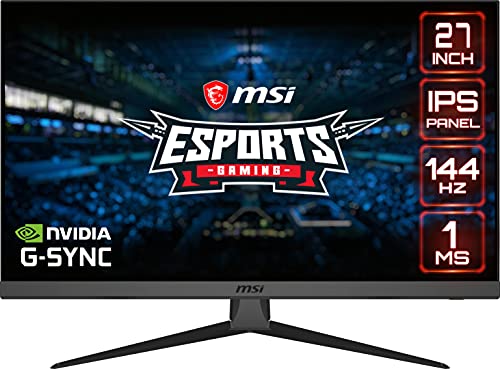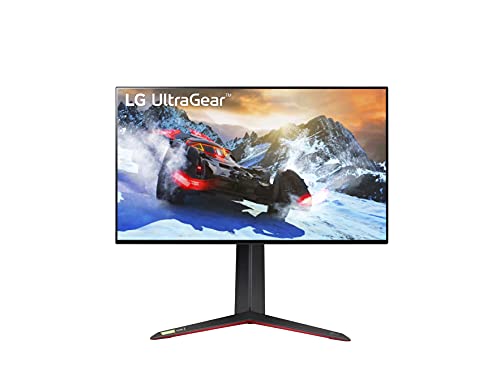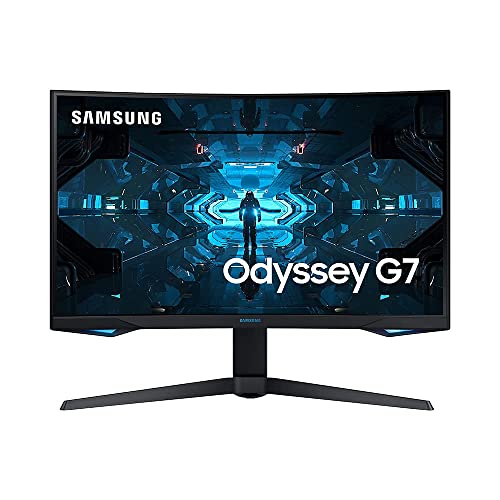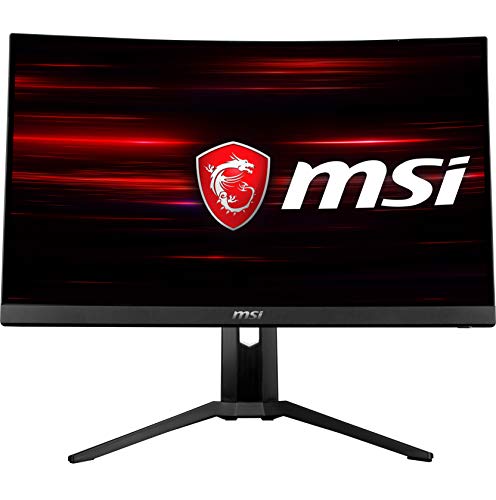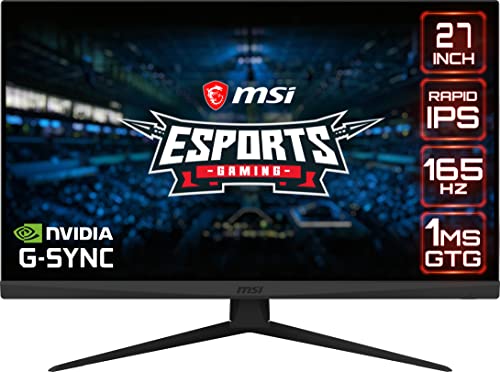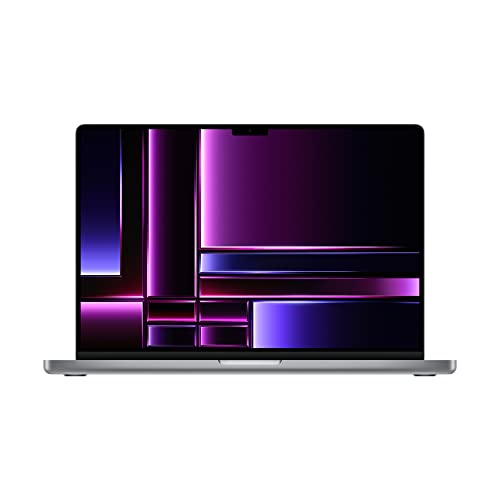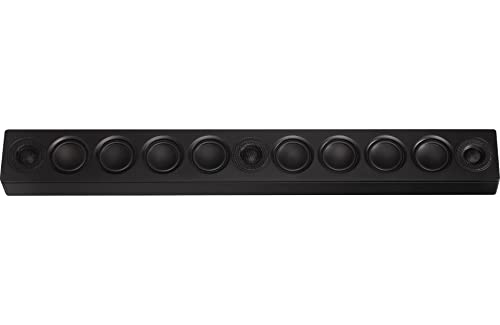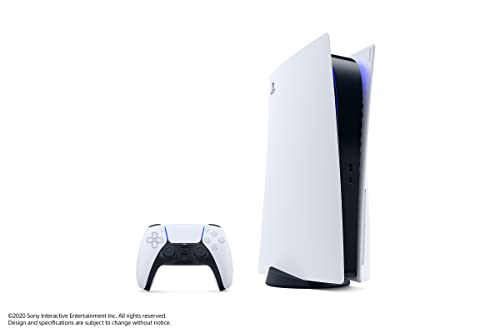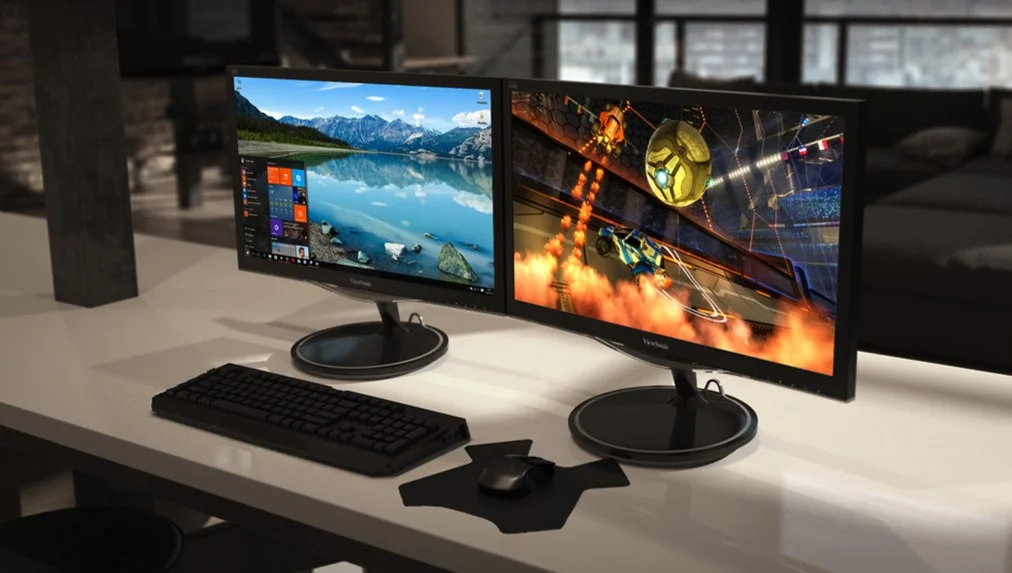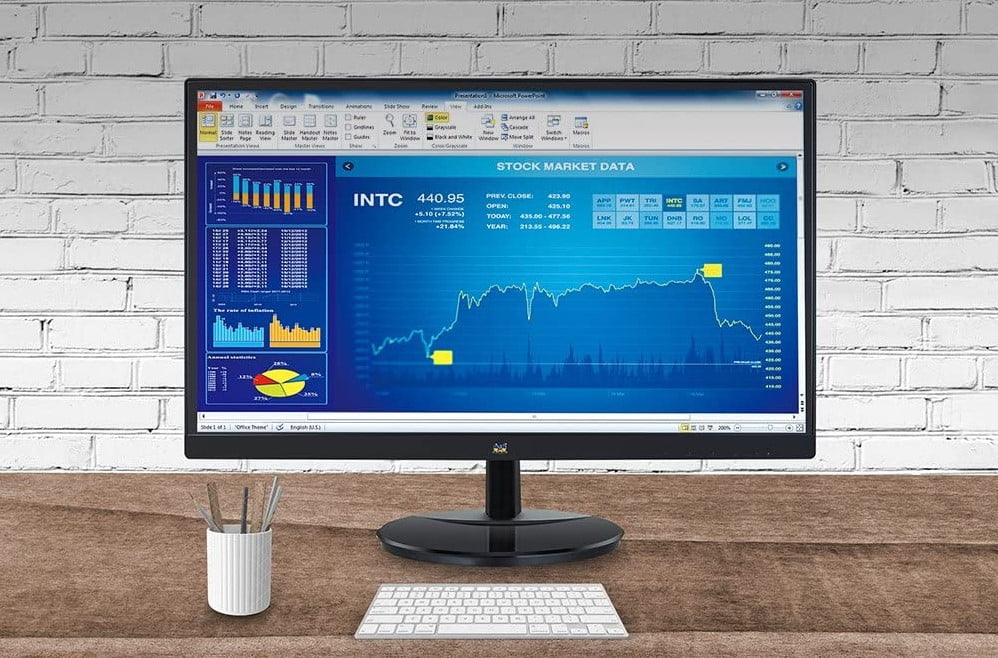If you are shopping around for a new screen, you may be wondering one thing. What’s the difference between gaming monitors 144Hz vs 75Hz. You’ll find the best gaming monitors with both of these specs, after all. Keep reading to find out.
KEY TAKEAWAYS:
- When you see terms such as 144Hz and 75Hz in the specifications of a gaming monitor, it is referring to the rate of refresh.
- The refresh rate indicates how many times per second a screen can refresh itself, which impacts frame rates.
- A refresh rate of 144Hz will result in smoother gameplay and less lag when compared to a 75Hz refresh rate, though monitors with a higher refresh rate will be more expensive.
Differences Between Gaming Monitors with 144Hz and 75Hz
The primary difference is the refresh rate. A 144Hz gaming monitor refreshes its screen 144 times per second, whereas a high-end 75Hz gaming monitor refreshes its screen 75 times per second. As a result, gameplay should appear smoother when using a 144Hz monitor, though not as stark when considering gaming monitors with 144Hz vs 60Hz. There are also other differences between the two types to consider.
Lag During Gameplay
144Hz monitors have the edge here, thanks to some simple math. A 144Hz monitor takes around 6.94ms to draw and show a frame, but a 75Hz monitor takes around 13.33ms to complete the same action and a 60Hz monitor will take even longer. For every frame received, a 144Hz monitor takes comparatively less time to draw it. With that in mind, you should experience less lag during gameplay when using a gaming monitor with a refresh rate of 144Hz. You’ll have less lag with a leading 120Hz gaming monitor, but not as quickly as 144Hz. Though it is important to note that there are other factors that could impact lag, such as your graphics card, your control method, your CPU, and more. Another thing to consider when it comes to lag is comparing gaming monitors 5ms vs 2ms.
Cost
A high refresh rate is an advanced spec and will cause the cost to creep up. In other words, monitors with a 144Hz refresh rate tend to be more expensive than those with a 75Hz rate of refresh. This is due not just to the aforementioned rating, but the fact that monitors with a 144Hz refresh rate also tend to include other advanced specifications, such as a 4K resolution, the ability to integrate with modern graphics cards, and a faster response time. If you are a casual gamer who does not play online, a 75Hz monitor might be your best bet, as doling out the extra cash for a higher refresh rate may be overkill. Though if you want a competitive advantage with competitive games, go with 144Hz, as your reaction time will be improved.
Compatibility with Older GPUs
Modern 144Hz monitors may not integrate with older graphics cards and GPUs, whereas monitors with a 75Hz refresh rate should have no problem. Check the specs of your computer before making a purchase.
Insider Tip
Make sure to experiment with different graphics settings to make the most out of your display.
F.A.Q.
How many FPS will you get from the games you intend to play?
There are many factors to consider when thinking about all the extra frames you can get while playing games. These include lag time, response time, GPU power, and more.
60Hz VS 75Hz refresh rates – What’s the difference?
The differences between a 60Hz monitor and a 75Hz display will be minimal when it comes to lag and graphical fidelity. These refresh rate monitors are similar.
Higher refresh rate or higher resolution?
This is a personal preference. If you prioritize smooth gameplay, go with a high rate of refresh. If you prioritize sheer graphical fidelity, go with a higher resolution.
STAT: In the fourth quarter of 2020, 39.24 million PC monitor units were shipped worldwide, an increase from the 33.58 million units that were shipped during the same quarter of 2019 – an increase of nearly 17 percent. (source)
REFERENCES:

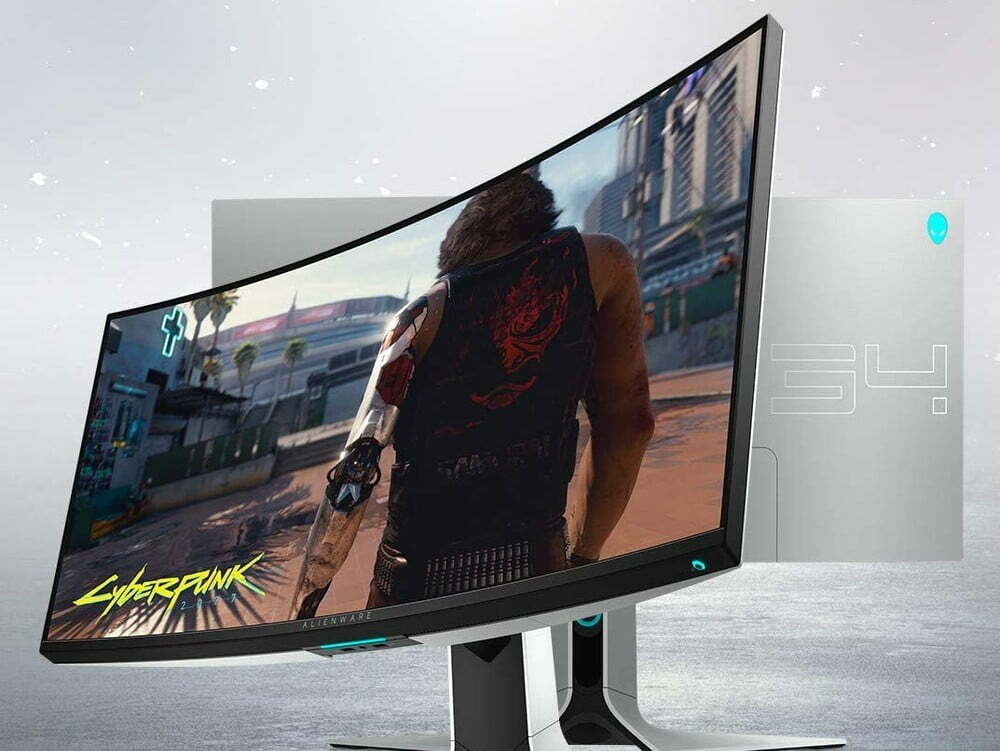














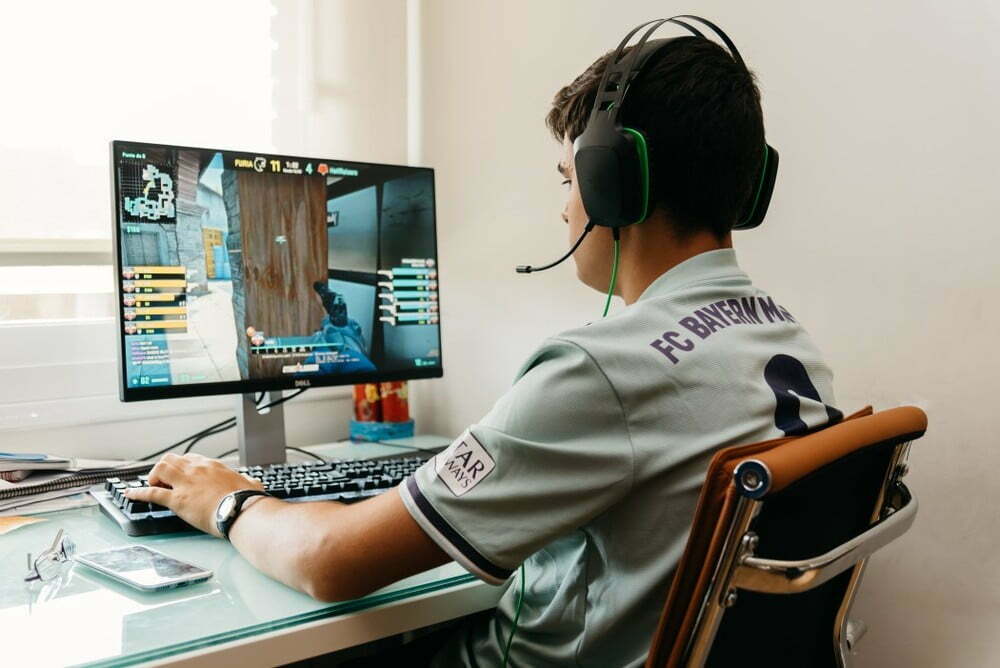


















![Best 27 Inch Computer Monitor in [year] 27 Best 27 Inch Computer Monitor in 2025](https://www.gadgetreview.dev/wp-content/uploads/how-to-buy-the-best-computer-monitor.jpg)
![Best BenQ Monitors in [year] 28 Best BenQ Monitors in 2025](https://www.gadgetreview.dev/wp-content/uploads/best-benq-monitor-image.jpg.webp)
![Best ASUS Monitors in [year] 29 Best ASUS Monitors in 2025](https://www.gadgetreview.dev/wp-content/uploads/best-asus-monitor-image.jpg)
![Best Dell Monitors in [year] 30 Best Dell Monitors in 2025](https://www.gadgetreview.dev/wp-content/uploads/best-dell-monitor-image.jpg)
![Best HP Monitors in [year] 31 Best HP Monitors in 2025](https://www.gadgetreview.dev/wp-content/uploads/best-hp-monitor-image.jpg)
![Best Lenovo Monitors in [year] 32 Best Lenovo Monitors in 2025](https://www.gadgetreview.dev/wp-content/uploads/best-lenovo-monitor-image.jpg)
![Best ViewSonic Monitors in [year] 33 Best ViewSonic Monitors in 2025](https://www.gadgetreview.dev/wp-content/uploads/best-viewsonic-monitor-image.jpg)
![Best Gigabyte Monitors in [year] 34 Best Gigabyte Monitors in 2025](https://www.gadgetreview.dev/wp-content/uploads/best-gigabyte-monitor-image.jpg)
![Best Monitors for PS4 Pro Gaming in [year] 35 Best Monitors for PS4 Pro Gaming in 2025](https://www.gadgetreview.dev/wp-content/uploads/best-monitors-for-ps4-pro-image.jpg)
![Best Monitor for Xbox Series X in [year] 36 Best Monitor for Xbox Series X in 2025](https://www.gadgetreview.dev/wp-content/uploads/best-monitor-for-xbox-series-x-image.jpg)
![Best AOC Monitors in [year] 37 Best AOC Monitors in 2025](https://www.gadgetreview.dev/wp-content/uploads/best-aoc-monitor-image.jpg)
![Best Acer Monitors in [year] 38 Best Acer Monitors in 2025](https://www.gadgetreview.dev/wp-content/uploads/best-acer-monitor-image.jpg)
![Best MSI Monitors in [year] 39 Best MSI Monitors in 2025](https://www.gadgetreview.dev/wp-content/uploads/best-msi-monitor-image.jpg)
![Best SAMSUNG Monitors in [year] 40 Best SAMSUNG Monitors in 2025](https://www.gadgetreview.dev/wp-content/uploads/best-samsung-monitor-image.jpg)
![Best LG Monitors in [year] 41 Best LG Monitors in 2025](https://www.gadgetreview.dev/wp-content/uploads/best-lg-monitor-image.jpg.webp)
![Best Philips Monitors in [year] 42 Best Philips Monitors in 2025](https://www.gadgetreview.dev/wp-content/uploads/best-philips-monitors-image.jpg.webp)
![Best Stream Decks in [year] 43 Best Stream Decks in 2025](https://www.gadgetreview.dev/wp-content/uploads/best-stream-deck-image.jpg)
![Best Monitors For PUBG in [year] 44 Best Monitors For PUBG in 2025](https://www.gadgetreview.dev/wp-content/uploads/best-monitor-for-pubg-image.jpg)
![Best Monitors for Streaming in [year] 45 Best Monitors for Streaming in 2025](https://www.gadgetreview.dev/wp-content/uploads/best-monitor-for-streaming-image.jpg)
![Best Monitors For Flight Simulator in [year] 46 Best Monitors For Flight Simulator in 2025](https://www.gadgetreview.dev/wp-content/uploads/best-monitor-for-flight-simulator-image.jpg)

